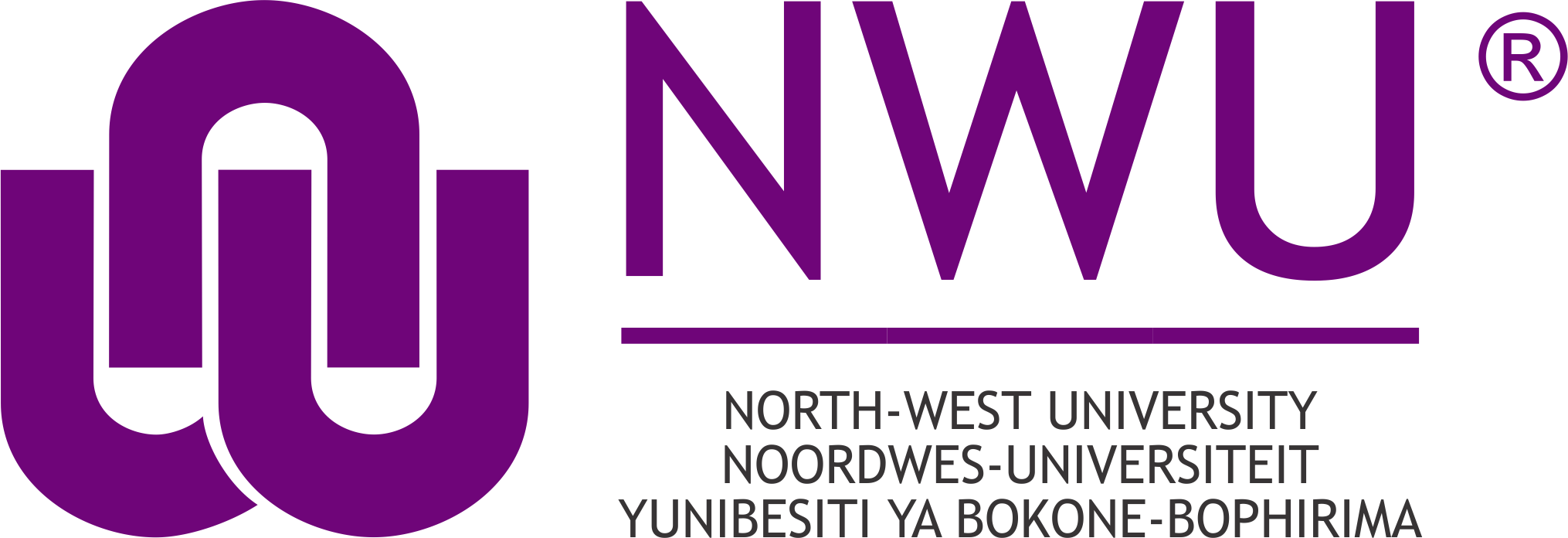Reading literacy: NWU closes gap between theory and practice
“Teaching reading is rocket science.” This quote by Louisa Moats underlines the importance of reading literacy, and that is why researchers and teacher educators from the North-West University’s (NWU’s) Faculty of Education are taking the lead to promote reading literacy in the foundation phase.
They are of the opinion that the reality of teachers needing better resources, preparation and professional development to carry out deliberate instruction in reading, spelling and writing should prompt action rather than criticism.
These NWU researchers and teacher educators are involved in two projects that address reading literacy initiatives in South Africa. They are the Strengthening Foundation Phase Teacher Education and the Work-integrated Learning projects, which form part of the Teaching and Learning Development Capacity Improvement Programme.
This programme is funded by the Teaching and Learning Development Sector Reform Contract, which is a partnership programme between the Department of Higher Education and Training and the European Union.
These projects delivered valuable output which led to the restructuring of the NWU’s BEd Foundation Phase programme to ensure academic depth and rigour with regard to structured literacy.
According to NWU project coordinator Prof Carisma Nel, a significant component of students’ language specialisation across all four years of the BEd programme now focuses on the core reading literacy components.
“By focusing the work-integrated learning component of the BEd Foundation Phase programme on addressing specific aspects of reading literacy instruction, the NWU is currently setting the trend in bridging the gap between coursework preparation and the reality of the school environment,” she says.
“The programme is also already aligned with the draft literacy knowledge and practice standards as developed by the literacy working group in the Teaching and Learning Development Capacity Improvement Programme.”
